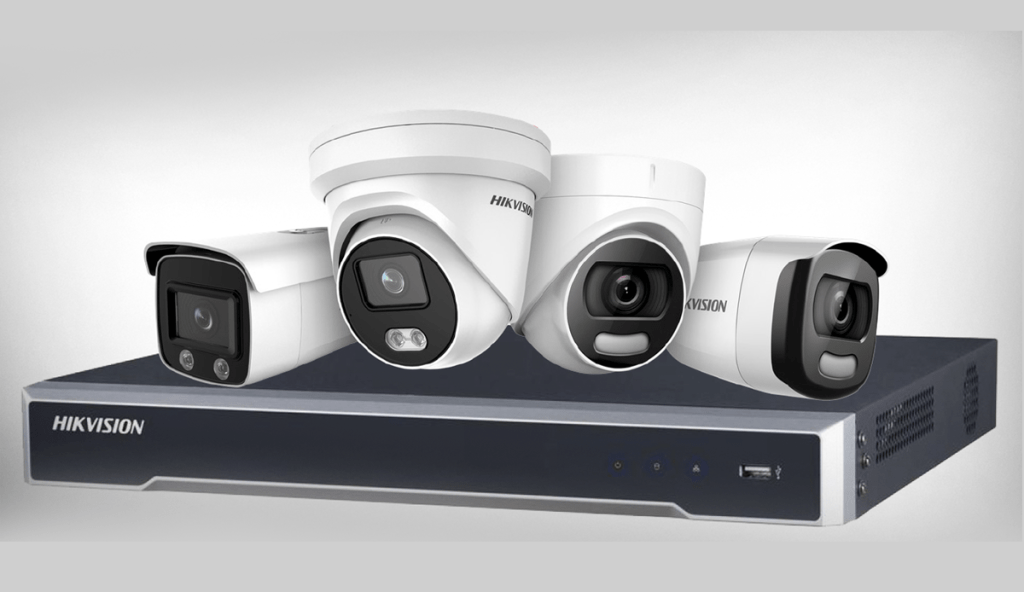
When choosing a CCTV (Closed Circuit Television) system in New Zealand, there are several important factors to consider. These factors will help ensure that the CCTV system you select meets your specific requirements and provides effective surveillance and security. Here are some key considerations:
-
- Purpose and objectives: Determine the primary purpose of your CCTV system. Do you want to monitor public areas, secure your business premises, or monitor specific areas for safety purposes? Clearly defining your objectives will help you select the right CCTV system.
-
- Camera types: Consider the different types of cameras available and choose ones that are suitable for your needs. Some common types include dome cameras (for indoor surveillance), bullet cameras (for outdoor monitoring), PTZ cameras (with pan, tilt, and zoom capabilities), and infrared/night vision cameras (for low-light conditions).
-
- Image quality: Pay attention to the resolution and image quality offered by the CCTV system. Higher resolution cameras provide clearer images, making it easier to identify details and faces. High-definition (HD) or Ultra HD (4K) cameras are recommended for optimal image quality.
-
- Recording and storage: Determine how long you want to store the recorded footage and select a CCTV system with adequate storage capacity. Consider whether you need continuous recording or motion-based recording. Look for systems that support various storage options such as local storage, network-attached storage (NAS), or cloud storage.
-
- Scalability: If you anticipate expanding your surveillance system in the future, choose a CCTV system solution that is easily scalable. This allows you to add more cameras or integrate additional features without significant infrastructure changes.
-
- Integration and compatibility: Assess the compatibility of the CCTV system with other security systems you may have, such as access control systems or alarms. Look for systems that support integration with third-party software or offer open APIs (Application Programming Interfaces) for seamless integration.
-
- Remote monitoring and accessibility: Consider whether you need the ability to monitor your CCTV system remotely. Look for systems that offer remote viewing through mobile apps or web browsers, allowing you to access live or recorded footage from anywhere.
-
- Compliance with regulations: Ensure that the CCTV system complies with the relevant privacy laws and regulations in New Zealand. Understand the legal obligations and responsibilities regarding the installation and usage of surveillance systems, especially when monitoring public areas or recording audio.
-
- Maintenance and support: Consider the availability of technical support and maintenance services for the CCTV system. Look for reputable vendors or service providers who can assist with installation, configuration, and ongoing support to ensure the system remains functional and up-to-date.
-
- Budget: Determine your budget for the CCTV system, including the cost of cameras, recording equipment, installation, and ongoing maintenance. While it’s important to find a cost-effective solution, remember to prioritise quality and functionality over the lowest price to ensure long-term reliability and performance.
By considering these factors, you can select a CCTV system that aligns with your specific needs, provides effective surveillance, and enhances security in your desired location in New Zealand.
